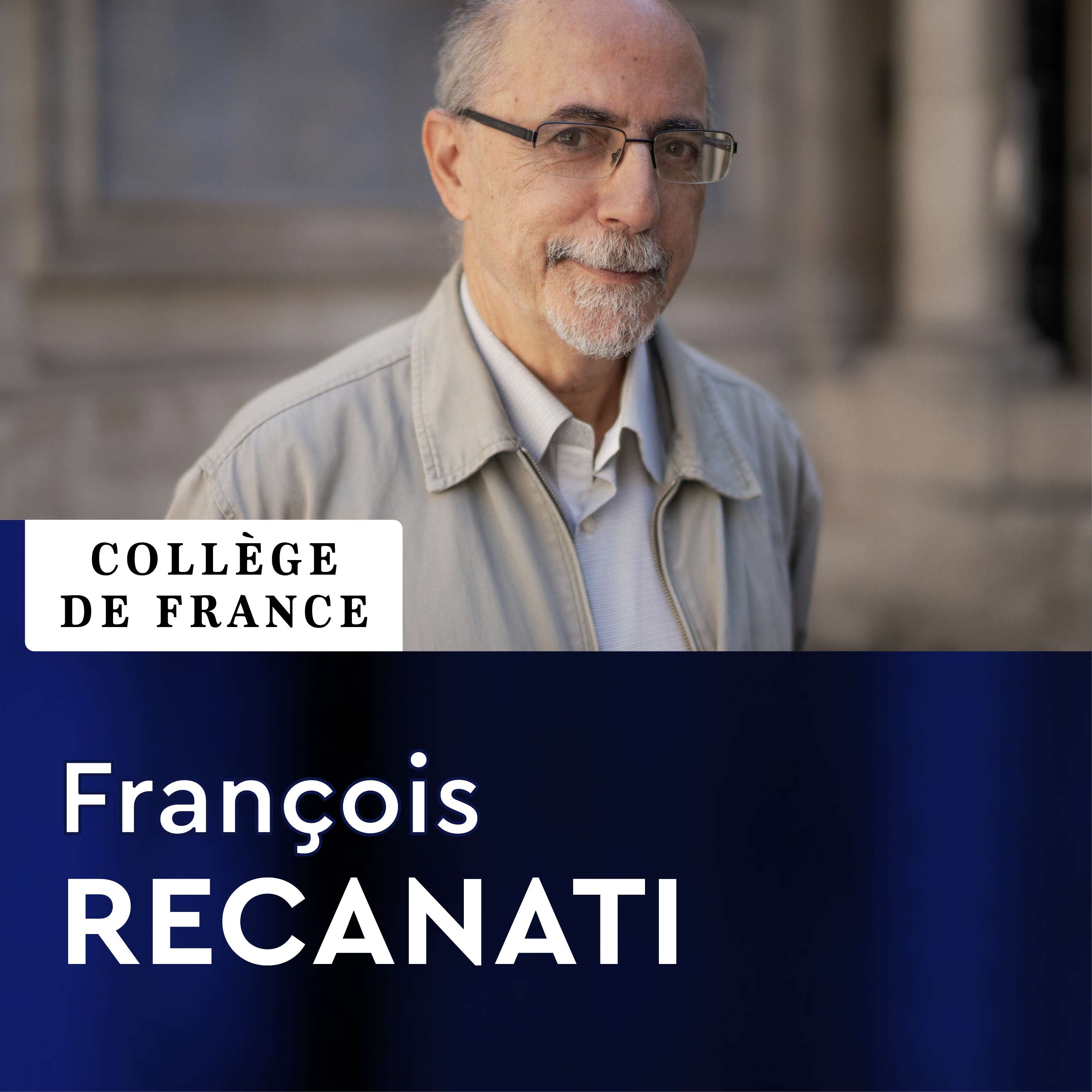Colloque - The Social World: Foundational Issues - On the Mood for Fiction
Description
François Recanati
Philosophie du langage et de l'esprit
Collège de France
Année 2023-2024
Colloque - The Social World: Foundational Issues - On the Mood for Fiction
Intervenant(s)
Manuel Garcia-Carpintero, université de Barcelone
Résumé
How should we think of the utterances that convey (literary) fictions? Searle (1974/5) (and before him MacDonald (1954), with better arguments) influentially argues that they are (non-deceptive) mere pretense – the simulation of acts like assertions or questions. They don't constitute sui generis, dedicated representational practices of a specific kind, fictionalizing, on a par with assertions or questions. This has been the standard view in analytic philosophy until the 1990s, casually endorsed already by Frege, and then by many others like Austin, Kripke and van Inwagen. Even though authors including Alward (2009), Predelli (2019, 2020), and Recanati (2021) still endorse the view, Walton (1990) and others provide in my view decisive objections (cf. in particular de Gaynesford 2009), mostly predicated on its lack of explanatory power for different aspects of fictionality that good theories should and can provide. Walton himself also rejects views of the kind MacDonald and Searle question, which take fictionalizing to be a sui generis speech act, but his arguments are uncompelling; Currie (1990) nicely articulated one such account inside a Gricean framework, showing its explanatory power. Recently other writers have argued that a more conventionalist, Austinian framework provides better accounts, including García-Carpintero (2013), Abell (2020) and Bergman & Franzén (2022). While following Currie I suggested classifying speech acts of fictionalizing as directives, the latter authors defend classifying them as declarations – like giving out players, naming ships or sentencing offenders. In my paper I'll question the declaration view, but I'll also explore another alternative to the directive account, by considering whether fictionalizings are a variety of constative act, along lines that Predelli (1997), Recanati (2000), and Reimer (2005) have theorized.
Manuel García-Carpintero a obtenu son doctorat à l'université de Barcelone, où il enseigne depuis. Il travaille dans le domaine de la philosophie du langage et de l'esprit, ainsi que sur des questions épistémologiques et métaphysiques connexes. Il termine actuellement un livre sous contrat avec Oxford University Press sur la nature des actes de langage en général et de l'assertion en particulier, intitulé Tell Me What You Know.
Ce colloque international se tient en prélude à la soutenance de thèse de Maryam Ebrahimi Dinani, assistante de recherche du Pr Recanati. Il réunit deux des membres du jury (Kathrin Koslicki, de l'Université de Neuchâtel, et Manuel Garcia-Carpintero, de l'Université de Barcelone) et deux invités (Indrek Reiland, de l'Université de Vienne, et Olivier Massin, de l'Université de Neuchâtel), sous la présidence de Kevin Mulligan, de l'Université de Genève.
More Episodes
Published 11/18/24
François Recanati
Philosophie du langage et de l'esprit
Collège de France
Année 2023-2024
Colloque - Transparency, Indexicality and Consciousness : Problems with Revelation
Colloque organisé par François Recanati, Professeur du Collège de France, chaire Philosophie du langage et de...
Published 06/28/24
Published 06/28/24


